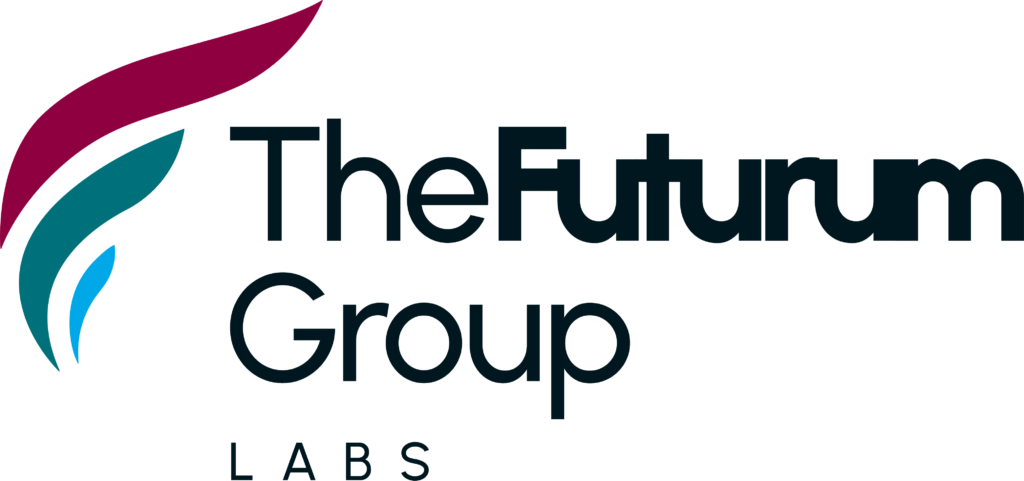Storage for containers is rapidly becoming a requirement for IT teams, following years of developers adopting containers for their applications. Now that those apps are in production, they need persistent storage and enterprise grade storage features.
The Evaluator Group sees this trend continuing. While existing environments will continue alongside containers and Kubernetes environments for the foreseeable future, we expect the adoption of containers to prevalent for new applications. This is especially true for applications developed as “cloud native applications,” meant to run either in public clouds or in on-premises hybrid/private clouds.
Container-Native Storage (CNS) – also known as Cloud-Native Storage — is a type of scale-out software Defined Storage (SDS) developed to run inside the Kubernetes container orchestration platform.
CNS is not the only way to provide storage for containers.Traditional storage systems use container storage interface (CSI) drivers that expose storage capacity to Kubernetes. These traditional storage products with CSI drivers – called-Container Ready Storage – have enterprise storage services and are familiar to IT infrastructure teams. But they lack the integration with containers found in CNS. CNS runs inside containers of a Kubernetes cluster, using tools developers are familiar with while adding storage services such as snapshots, deduplication, compression, thin provisioning, replication, encryption, quality of service.
At the Evaluator Group, we are closely tracking CNS in our research. We’ve published a series of reports, including a CNS Comparison Matrix, CNS Vendor Landscape, and CNS Fundamentals and CNS Key Considerations Technical Insights documents.
Like many emerging storage categories, the CNS vendor landscape consists mostly of startups now. The main exception is Red Hat, which includes OpenShift Data Foundation (ODF) as part of its OpenShift container platform. Early CNS startup Portworx is now part of established flash array vendor Pure Storage following Pure’s $370 million acquisition of Portworx in 2020. We look at Red Hat ODF and Portworx PX-Enterprise in our Vendor Landscape and Comparison Matrix documents, along with products from startups Diamanti, Ionir, Robin.io and StorageOS.
More CNS is coming from established vendors. IBM Spectrum Fusion HCI an and SDS version of NetApp Astra are scheduled to ship in the second half of 2021. We expect more large storage vendors to add CNS products, and we will report on these as well as other startups who enter the CNS market.

